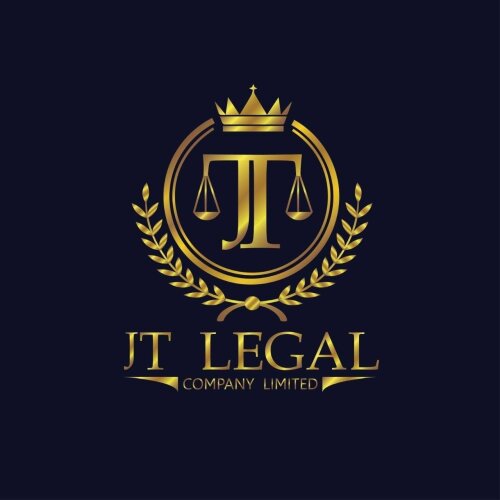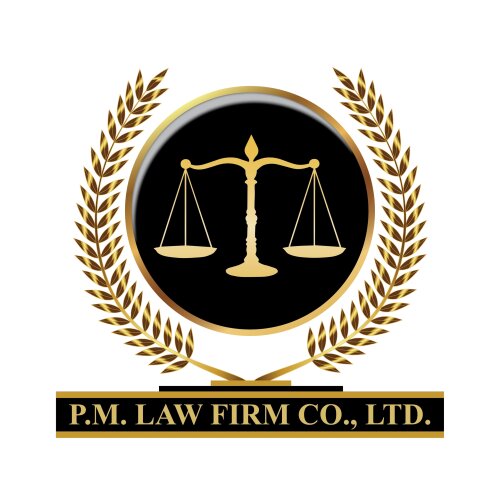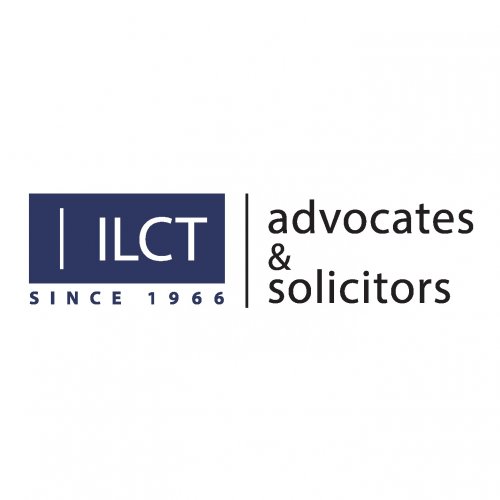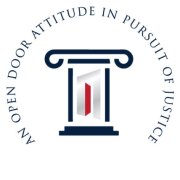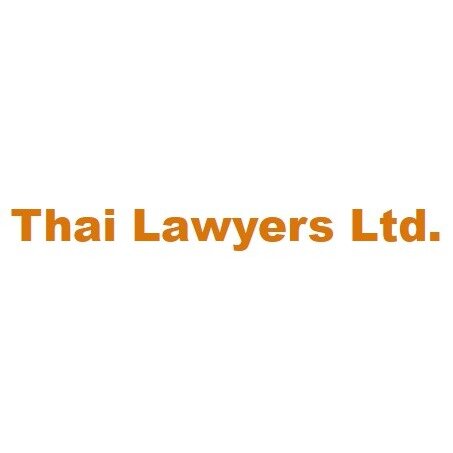About Water Law in Bangkok, Thailand
Water law in Bangkok, Thailand refers to the rules, regulations, and policies governing the ownership, use, management, and protection of water resources within the city and surrounding regions. The Chao Phraya River and its many tributaries provide vital water for domestic, agricultural, industrial, and commercial purposes. Considering Bangkok’s history of rapid urbanization, flooding, and complex water management needs, water law plays an essential role in ensuring equitable access, environmental protection, and the management of disputes.
Why You May Need a Lawyer
There are various situations where a lawyer specializing in water law may be essential. Common scenarios include:
- Obtaining or disputing water usage rights for property development or business operations
- Addressing water pollution allegations for factories or industrial facilities
- Disputes over water boundaries, such as riverfront property lines or encroachments
- Handling regulatory compliance and permits for water extraction or wastewater discharge
- Managing flood-related legal claims or compensation after water-related incidents
- Providing legal guidance for environmental conservation efforts involving waterways
Because water law intersects with property rights, urban planning, and environmental protection, having legal representation can help safeguard your interests and ensure adherence to complex local regulations.
Local Laws Overview
Water law in Bangkok, Thailand is shaped by both national and local legislation. The main legal frameworks include:
-
Thailand’s Constitution and Civil Code: These lay the groundwork for resource allocation and environmental protection.
-
The Enhancement and Conservation of National Environmental Quality Act B.E. 2535 (1992): Governs pollution controls for water resources, including effluent standards and compliance requirements.
-
Groundwater Act B.E. 2520 and Amendments: Regulates extraction and usage of groundwater, requiring permits for wells and boreholes.
-
Public Health Act and Ministry of Industry Regulations: Cover aspects such as wastewater disposal and industrial water usage.
-
Bangkok’s Municipal Regulations: The Bangkok Metropolitan Administration (BMA) implements and enforces local ordinances on flood management, drainage systems, and urban development affecting water flows.
Understanding which law applies depends on the nature of the water issue, the location, and whether the dispute or action involves public or private stakeholders.
Frequently Asked Questions
What is considered public versus private water in Bangkok?
Public water includes natural rivers, streams, canals, and lakes managed by the state or local government. Private water usually refers to water stored or extracted under private ownership, such as captured rainwater or authorized groundwater wells.
Do I need a permit to use groundwater for my business?
Yes. The Groundwater Act requires all commercial entities to obtain a permit before extracting groundwater. Unauthorized use can result in fines and possible legal action.
How can I challenge a neighbor’s unauthorized water use that affects my property?
You may file a complaint with your local government authority, such as the Bangkok Metropolitan Administration, or seek civil remedies with the help of a lawyer specializing in property and water law.
What are the consequences of releasing untreated wastewater into canals?
Discharging untreated wastewater is illegal and subject to fines, business license suspension, or criminal charges under environmental and public health laws.
Can the government restrict my access to water during shortages?
In times of drought or water scarcity, authorities can impose rationing or restrict usage to prioritize essential services, public health, and safety.
Is rainwater harvesting allowed in Bangkok?
Yes. Rainwater harvesting for domestic use is generally permitted, but large-scale collection or commercial use may require permission from local authorities.
How does Bangkok address flood protection from a legal perspective?
The BMA enacts regulations for drainage systems, flood defenses, and land development to reduce flood risks. Developers must comply with these rules when building new structures or undertaking major renovations.
What should factories do to comply with water pollution regulations?
Factories must treat wastewater to prescribed standards, monitor effluent quality, and regularly report to relevant authorities. Non-compliance can lead to penalties or operational shutdowns.
Can water rights be transferred between parties?
In some cases, such as groundwater permits or irrigation rights, transfers may be allowed if authorized by the relevant government agency and after due process.
Where should I report illegal water use or pollution?
Reports can be made to the Bangkok Metropolitan Administration’s environmental office or the Pollution Control Department for serious offenses requiring investigation.
Additional Resources
Individuals seeking more information or assistance regarding water law in Bangkok can consult the following agencies and organizations:
- Bangkok Metropolitan Administration (BMA) - Environment Department: Manages local water resource and pollution issues.
- Pollution Control Department (PCD): Oversees environmental protection and enforcement, especially regarding wastewater and water quality.
- Department of Groundwater Resources: Issues permits and monitors groundwater extraction.
- Office of Natural Resources and Environmental Policy and Planning (ONEP): Develops national strategies related to water and environmental management.
- Law Society of Thailand: Can help refer individuals to qualified water law attorneys.
Next Steps
If you believe you need legal assistance with a water law issue in Bangkok, consider the following course of action:
- Document your issue thoroughly, including relevant dates, photographs, permits, and correspondence.
- Reach out to the appropriate local or national governmental office to check for administrative remedies or clarification.
- Consult with a qualified Thai lawyer who specializes in water law, environmental law, or property rights.
- Prepare your questions in advance and provide your lawyer with all available documentation for efficient advice.
- If your case involves multiple parties or governmental bodies, your lawyer can guide you through mediation or litigation processes as necessary.
Seeking legal counsel early helps protect your interests, ensures compliance, and empowers you to resolve water-related legal concerns effectively within the Bangkok jurisdiction.
Lawzana helps you find the best lawyers and law firms in Bangkok through a curated and pre-screened list of qualified legal professionals. Our platform offers rankings and detailed profiles of attorneys and law firms, allowing you to compare based on practice areas, including Water Law, experience, and client feedback.
Each profile includes a description of the firm's areas of practice, client reviews, team members and partners, year of establishment, spoken languages, office locations, contact information, social media presence, and any published articles or resources. Most firms on our platform speak English and are experienced in both local and international legal matters.
Get a quote from top-rated law firms in Bangkok, Thailand — quickly, securely, and without unnecessary hassle.
Disclaimer:
The information provided on this page is for general informational purposes only and does not constitute legal advice. While we strive to ensure the accuracy and relevance of the content, legal information may change over time, and interpretations of the law can vary. You should always consult with a qualified legal professional for advice specific to your situation.
We disclaim all liability for actions taken or not taken based on the content of this page. If you believe any information is incorrect or outdated, please contact us, and we will review and update it where appropriate.






